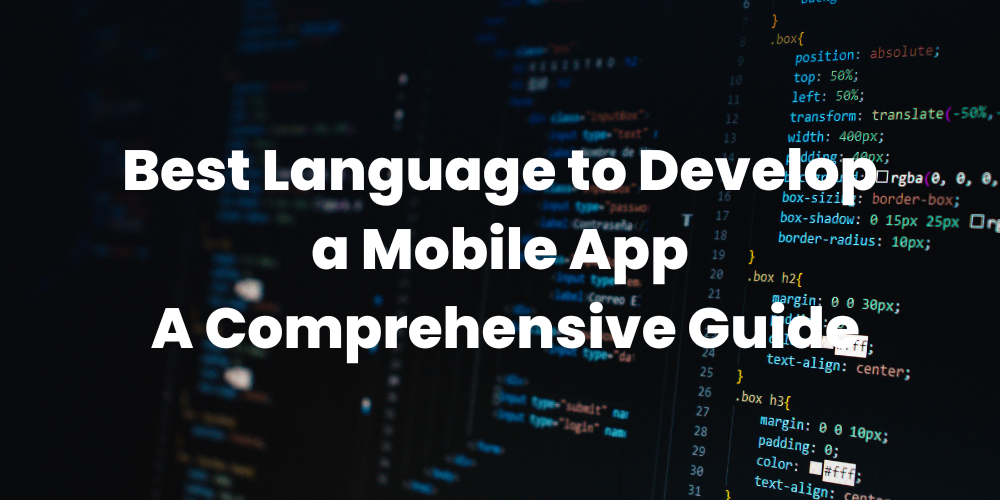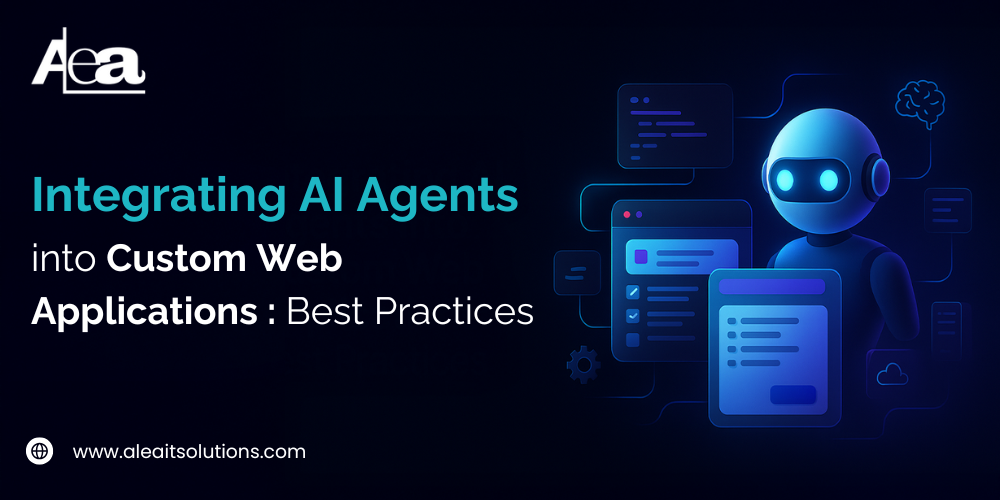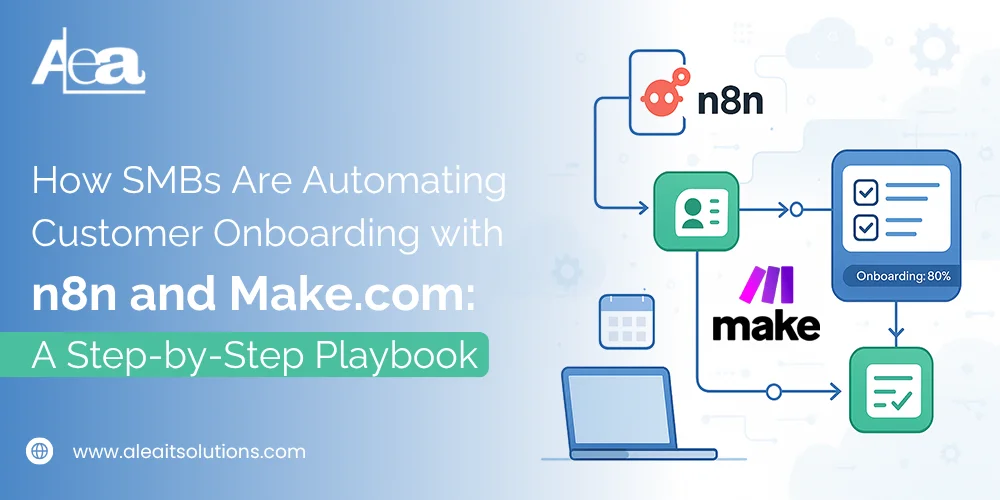Choosing the right programming language for the development of a mobile app can have a significant impact on the success, performance and user experience of your app. With mobile app development landscape grows rapidly, it is necessary to select a language that aligns with your goals, technical needs and platforms that you intend to target.
In 2024, some of the best programming languages for mobile app development are broken, which helps you make an informed decision:
1. Swift (for iOS)
Swift iOS is a favorite language for development, created by Apple in 2014. It is sharp, safe, and provides an easy experience to develop apps for iPhone, iPad, Apple Watch and other Apple devices.
Advantages:
- Easy to read and write
- Strong performance for iOS devices
- Supported by a robust Apple developer ecosystem
- Regular updates by Apple
Best For: Native iOS applications where performance and UI/UX are crucial.
2. Kotlin (for Android)
Kotlin is a modern, open-source programming language developed by JetBrains and is officially supported by Google for Android Development. It is a complete difference with Java and provides more brief, readable syntax.
Advantages:
- Less code and less boilerplate compared to Java
- Completely supported by Google for Android apps
- Interoperable with Java, making it easier to switch from Java to Kotlin
Best for: Native Android app with advanced features and performance requirements.
3. Java (for Android)
Java is a Go-Two language for Android app development for many years. Despite gaining popularity, Java is still widely used for Android apps because its strength and large-scale ecosystems of libraries and equipment.
Advantages:
- Equipment for comprehensive library and development
- Stage-independent language
- Strong community and support resources
Best for: Large scale Android Projects and Enterprise Applications.
4. React Native (for Cross-Platform)
The react native developed by Facebook allows developers to create an app for both iOS and Android using single codebase. It uses JavaScript and reacts to creating a native-user experience, making it a popular option for cross-platform development.
Advantages:
- Single codebase for both iOS and Android
- Rapid growth and cost effective
- Huge community and third-party library
Best for: Startup or business rapidly, looking for cost-effective cross-platform app.
5. Flutter (for Cross-Platform)
Flutter developed by Google is another powerful structure for the manufacture of applications originally compiled for mobile (iOS, Android) and beyond a single codebase. It uses Dart as a programming language.
Advantages:
- Hot-recorded feature for fast debugging
- Rich set of customizable widgets for creating native-like UIs
- Strong support from Google, making it future-proof
Best For: Complex UIs and cross-platform apps requiring smooth performance.
6. Dart (for Flutter)
Dart is the language that is used to code apps in the flute. Its syntax is easy to understand, especially for developers familiar with C-style languages. Flutter’s ability to create a protesting app with beautiful UI has made Dart an important player in mobile app development.
Advantages:
- The most suitable for UI-centric applications
- Compiles the native machine code for high performance
- Strong google backing and continuous improvement
Best for: Flute-based mobile app projects targeting both iOS and Android.
7. C# (for Cross-Platform with Xamarin)
XAMARIN, a cross-platform uses C# for mobile development framework, app development. This enables developers to share up to 90% of their code in iOS, Android and Windows.
Advantages:
- Microsoft tools and Azure Cloud Strong Support for Integration
- Single codebase for many platforms
- Reliable performance in platforms
Best for: Enterprise application where code sharing is necessary and apps that integrate with Microsoft Technologies.
8. Python
Python is often used for backend development in mobile applications and is known for its simplicity and flexibility. Although it is not used for domestic app development, framework Python developers such as Kiwi and BeeWare allow developers to create mobile apps.
Advantages:
- Easy to learn and write, ideal for startup
- Great for fast prototype
- Extensive support for libraries and APIs
Best for: backend service, API development, and proof-off-concept mobile apps.
Conclusion: Choosing the Right Language
When choosing the best language for mobile app development, consider your target audience, project size, performance requirements and platform preferences. If you are focusing on iOS, Swift is the best option, while Kotlin is excellent for Android. For cross-platform solutions, reacts native and pulsing provide efficient and cost-effective options.
In Aleait Solutions, we specialize in mobile app development using the latest techniques including Swift, Cotlene and Flutter to create powerful, scalable apps to create your business needs.
If you are ready to bring your mobile app idea to life, then contact us today to know more about our custom mobile app development services!
Related Links:




